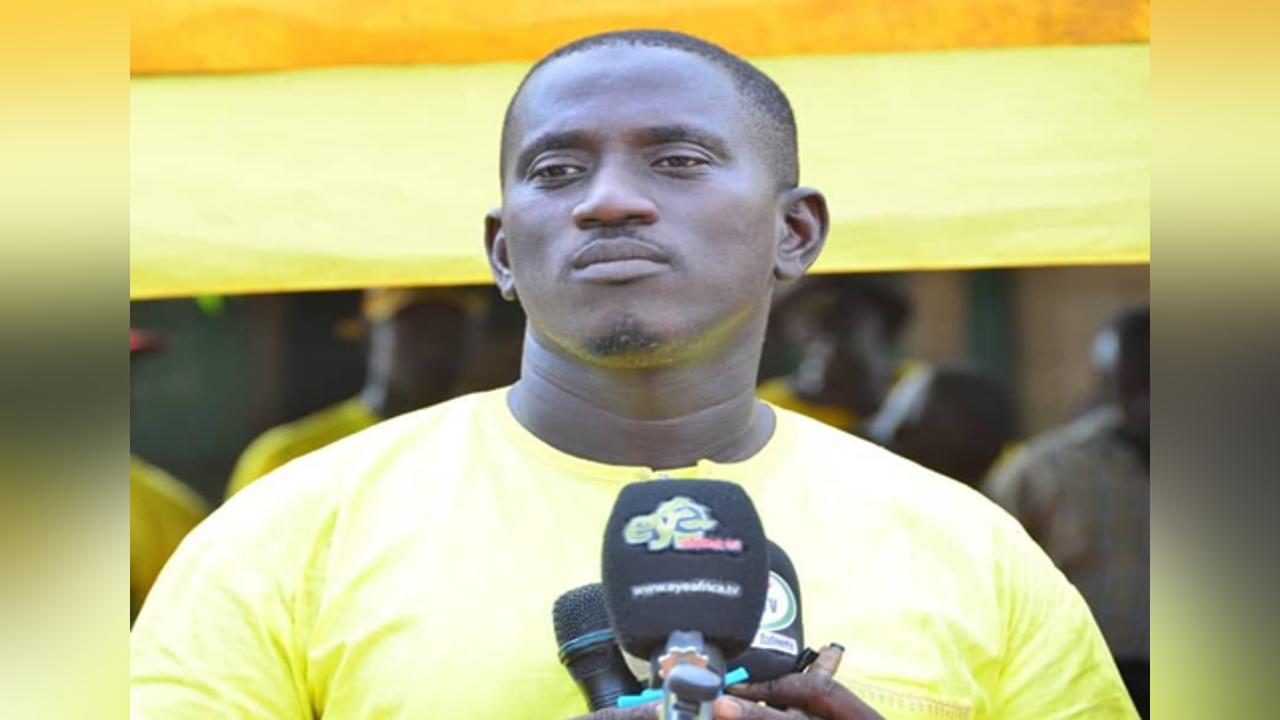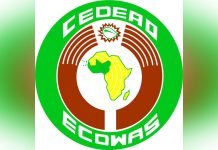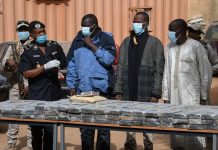Africa-Press – Gambia. Dear Sheriff,
It’s a very chilly Saturday afternoon in Beijing on the 12th of April, 2025.
I had planned to visit the Great China Wall today, but the prohibitive weather would not allow me to step out for the rest of this weekend as most shops and public places are shut down because of rough, heavy winds too cold to be comfortable with.
So indoors here, I continue listening to the Kora narrative series initiated during my reign at GRTS called the “Life and Times of Lalo Kebba Drammeh”. The trailblazing kora series was anchored by legendary kora maestro the late Jali Alhagie Mbaye, assisted by broadcasting icon the late Alhagie Sarjo Barrow with Wolof translation by Alhagie Alieu Jobe.
Perhaps you would recall that you were the one who recommended the late Jali Alhagie Mbaye to me when callers following my take on the Kaddy Kebbeh legend with Jali Ngaly Mbaye on Radio Gambia asked for a programme on Lalo Kebba, and the rest is history.
Today I am listening to a narration of the history of the famous kora tune and song called “Sutukung”. Alhagie Mbaye is telling us here that this song was composed by the legendary Jali Wandifeng, grandfather of the King of Kora, Jaliba Kuyateh. This mega-icon of Kora was also a teacher of Lalo Kebba and it is narrated that he did also betroth one of his daughters to Lalo.
According to the narrative, Wandifeng had heard about a famous farmer called Kumba Sora who lived in the famous Town in Jarra called Sutukung. So the great griot set out on a mission to visit this man for it was a custom at the time for griots to travel and spend time with their patrons during the harvest season.
So Wandifeng went to Sutukung, and after doubting the self-effacing man who was introduced to him as Kumba Sora, he settled with him, and he was treated with great honour and generosity.
Wandifeng then composed this song that celebrates the grandeur, pomp, and pageantry that characterised Kumba Sora at Sutukung at the time, singing “n-nyaa bota Kumbu fay; yerreh nono beh Kumbu yaa Sutukung. Herebu-harabo teh banna jay, Sutukung.”
The narrative explains that Wandifeng asked Kumbu to give him a cow and one hundred Dalasis (a fortune at the time). Kumbu gave him a cow as a welcoming gift and gifted him another one to take home. He also gave him one hundred Dalasis and another one hundred for his wives.
Lalo Kebba Drammeh was part of Wandifeng’s delegation that visited Kumbu Sora in Sutukung, and therefore, he must have not only witnessed the composition of this tune but also breathed its spirit at its advent.
It was the same Wandifeng who played another version of this song and included another patron of his called “Ngansumana Dampha.” Mr. Dampha was a blacksmith at Kiang Jataba in those days, hence the appellation “Jataba Ngansumana Dampha.”
Sheriff, am sure you know that this was the song adopted by the famous Ifang Bondi band with the same title. The band was led into this song by yet another Kora hero, the late Jali Yankuba Saho.
This band became one of the most famous and successful in West Africa in the 1970s. They toured the world to great acclaim in musical theatres like Daniel Sorano, and they could not have reached their zenith without this cool tune from Wandifeng that Lalo Kebba also took to another level.
So whenever you listen to the Ifang Bondi classic called “Sutukung” and hear the lyrics “Jataba Ngansumana Dampha” just know that it was this man so loved the tune that he asked Jali Wandifeng to include his name in that already famous song.
But the story of this song goes beyond the borders of The Gambia in many ways. It was the same tune that another famous kora icon, the late Bai Conteh, used to serenade former Nigerian President General Yakubu Gowon as he presided over the opening of Radio Gambia during his official visit The Gambia in 1971.
This same song was later copied by another Gambian band called Gelewarr, a Senegalese troupe called “Canary Band” and also Ucas Band de Sedio.
So much history in one song my good friend!
Shall I not stop here than with the famous lines of our griots: “Bay long yeh diya kumo yeh; bay for many diya yeh. Suwo koota seeno la; ali nga nlaa; koo saa baa wuloo!” Meaning: words want to be known in toto but don’t want to be told in toto. It’s late; let us go to sleep, but then something will beget its mother.”
If the foregoing is a rough direct translation of the deep Mandingka proverb, then I hand over this matter to your more erudite pen for elucidation my friend.
God bless you, Sheriff.
Momodou Sabally
The Gambia’s Pen
Author, Economist, Motivational Speaker and Politician.
Source: The Standard Newspaper | Gambia
For More News And Analysis About Gambia Follow Africa-Press






